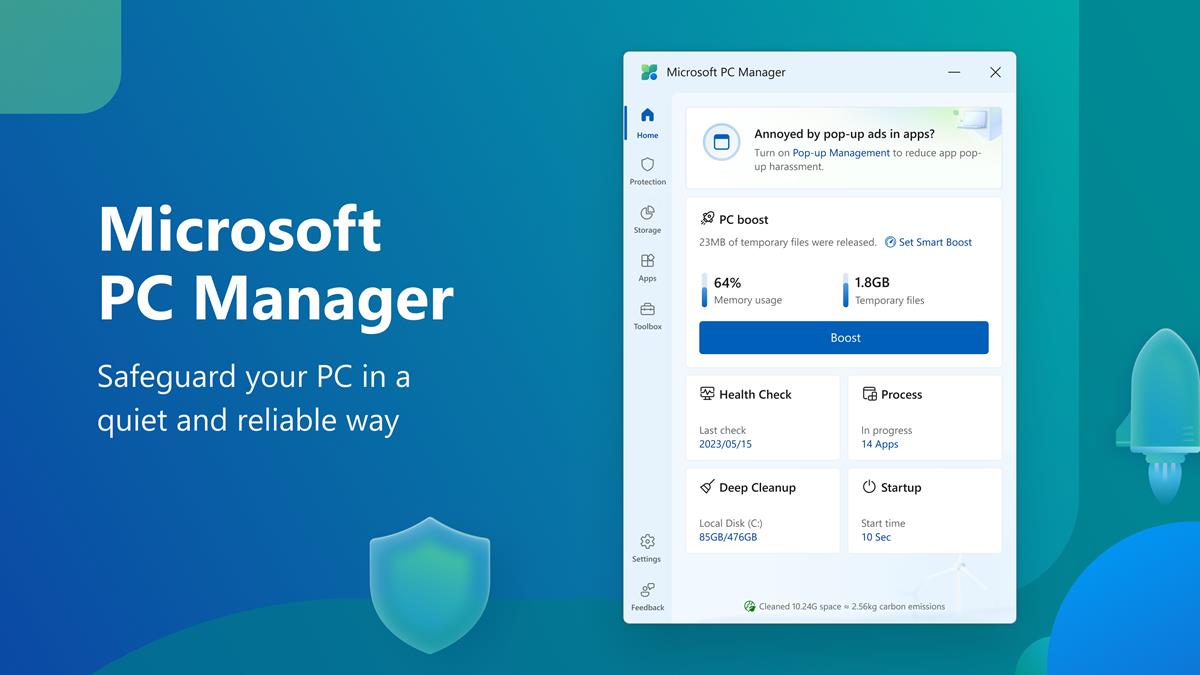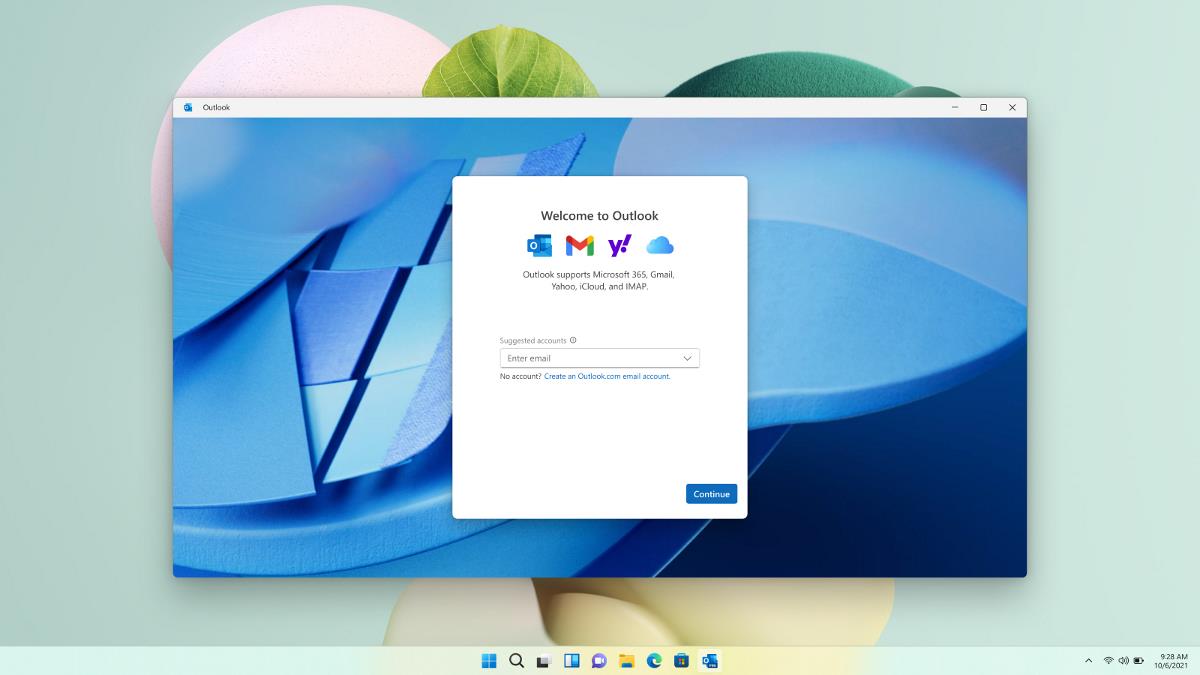What will Office 365 Mean for Microsoft, Google and Us?

Next Tuesday Microsoft officially launches its Office 365 product. This product, which was expected for several years before any official announcement came, is the company's new subscription service for business. In short it takes the IT department into the cloud with email, calendaring, exchange, Office, Sharepoint intranet services, Messenger and their new Lync communications suite all hosted and managed by Microsoft for a per-head subscription fee.
This is a major move for the company and is intended to bring Windows Server services to a much broader client-base, these being small to medium-sized companies that cannot afford to run their own IT department and who, as a result, may not even have features such as an intranet and exchange support.
It's a powerful suite too, and you need to look no further than Lync to see just how powerful. This one product brings telephony, instant messaging and online video and audio conferencing into the mainstream. When you compare this suite to Google's offering with its web apps it's already far in the lead.
About those web apps too, they're good generally but limited and just as frustrating to use in general usage as the Google equivalent. Microsoft's subscription model does bring full versions of Office 2010 into the mix though, which their web apps sync with seamlessly. In all it's extremely polished and comprehensive.
But what is this going to mean and will it, indeed even can it change the world of business? To be honest I believe it can and that, by not even attempting to play catch up, Google and other competitors will fall so far behind, and quickly, that they may never regain lost ground. Let me explain why.
I've been watching Office 365's development and as an MVP I've been privy to online meetings and demonstrations from the team behind it. The very fact that Microsoft have a product that's able to reach out to every single company that isn't already running Windows Server or an equivalent product is astonishing. The chances then that something critical would be missed were high, but right out of the starting blocks Office 365 seems to include everything the small business needs.
The trick will be if people find it as easy to use as Office 2010, indeed this will be the clincher. I've played with Office 365 and I'm confident that this won't be a problem.
Now we need to look at companies that do already have their own IT infrastructure and ask whether they can and will switch to this hosted service. Businesses that run their own servers are well known to be cautious about any new product. General uptake of Office 365, should it even happen, will take three to five years. Companies being what they are though will look at this on a purely cost basis. IT staff are expensive and the hardware required to support organisations is even more expensive. The per-seat pricing for Office 365 may tempt a few chief financial officers to call Microsoft in for a pitch.
But what about Office 365's biggest flaw, the simple fact that you need a live Internet connection to be able to use it? I don't believe this is a problem either to be honest as most offices will effectively stall when the Internet or their internal network goes down. At least with Office 365 there's the option to keep working with the desktop versions of Office 2010.
Office 365 then is polished, pretty much complete and ready for the mainstream. Business has always been Microsoft's biggest market but the company has been in the doldrums for many years now. Office 365 will put Microsoft firmly back in the top spot and probably keep them there for at least another decade. Here is a company that's got its mojo back and that's now producing some genuinely cutting edge products.
Advertisement





















And “the Cloud” is subjective. I’d argue that any bank that offers online banking has your information in the cloud. Even if it’s hosted on their own servers in their building.
I would argue that hosting by Microsoft and/or Google is more secure and safe than a small bank hosting their own servers in house.
Let’s face it though, everything is in the cloud already.
The cloud is just a buzz word for online I’d say, maybe not so generic but still, both refer to hosting data outside your own local network.
Businesses that take to the cloud should be required to issue warnings to their customers. When my bank moves there, I’m going back to the mattress method.
I’d say it depends on what they move to the cloud, and what not. While I would not be very comfortable if a company would host sensitive customer data in the cloud, or online at all, I do not have a problem if the same company uses online applications like Office 365 or Google Docs, as long as they are keeping their systems up to date and secured to prevent data leaks.
As owner of a small IT consulting and service company, I am Very excited about Office 365. This will be a great solution for small businesses too small to invest in their own Exchange or Windows SMB server.